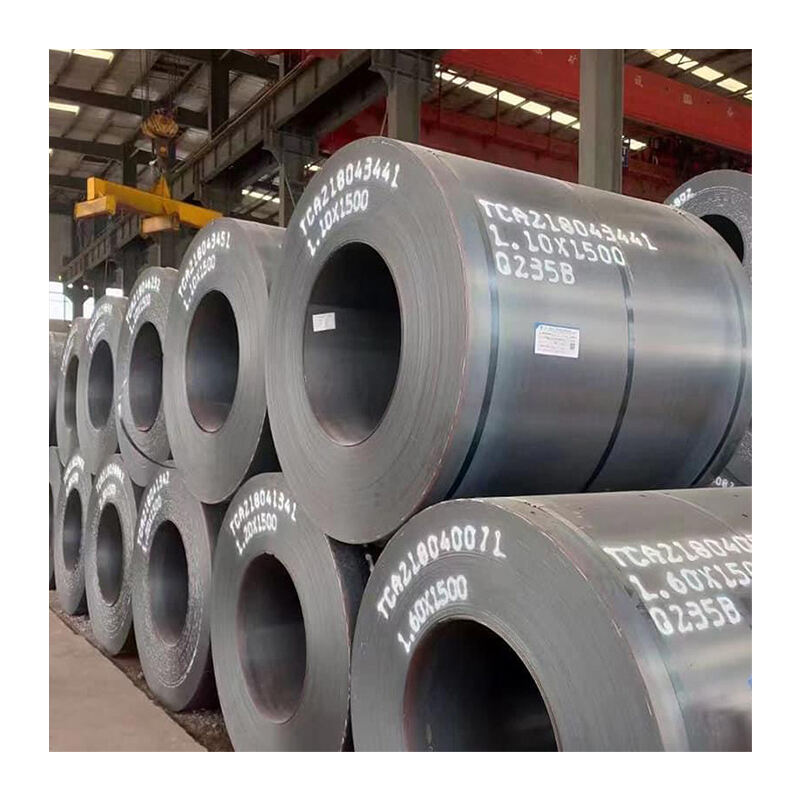A carbon steel is commonly used as a foundational material in many industries because of its industrial strength, versatility, and reliable durability. This article discusses how useful carbon steel is in many different sectors, including construction and manufacturing. Understanding this allows for better strategic business decisions that work towards enhancing productivity and efficiency.
The Strength and Durability of Carbon Steel
As mentioned before, one of the primary advantages of carbon steel, carbon steel’s exceptional strength puts it ahead of the competition in terms of value. This is a material that is resilient to some pretty high levels of stress and strain which makes it an ideal candidate for heavy duty work. In construction for example, structural beams and reinforcements are made out of carbon steel because it can support incredibly huge loads without deforming. This coupled with resistance to wear and tear ensures value longevity which means that replacements and maintenance costs happen less frequent.
Versatility Across Industries
Carbon steel’s versatility is an important characteristic that makes it even more appealing. This alloy lets the material undergo a number of different treatments in order to make it more suitable, like heat treating or alloying, tailoring to specific business needs. This flexibility allows it to be used in a wide variety of industries ranging from automotive to machinery manufacturing. For instance, carbon steel is widely used in the automotive segment when fabricating frames and body parts because of the need for strength while also ensuring that the final product is lightweight.
Cost-Effectiveness
Compared to other materials, the cost of carbon steel is cheaper. Its availability and simple methods of obtaining it result in low production costs, making it a favorable choice for sharp businesses. In addition, the durable lifespan of carbon steel products allows for better ROI over time. This is beneficial for most small to mid-sized businesses that work on tight budgets.
considerations for the environment
With industries becoming more eco-conscious, carbon steel is a sustainable option. Its nature as a secondary raw material is shreded as it can be melted down several times and still maintains original quality. So it does not only help the environment by reducing the amount of waste, but it also reduces the need of extracting new raw materials. Companies who manufacture carbon steel can help boost these standards by using this metal.
Future outlook and industry trends
The use of carbon steel in industrial construction is predicted to increase due to the global initiatives for advancement in technology infrastructure. There will always be a higher demand of systems well-suited, highly durable frameworks to withstand harsh conditions. Additionally, new methods of manufacturing will most likely improve the qualities of carbon steel, making it a more preferred metal for industrial use.
As we have seen, the versatility of carbon steel makes it a highly valuable material across different industries due to its strength and cost-effectiveness. Additionally, it is helpful for the environment, which makes it even more useful in today's modernized world. Furthermore, with changing trends, businesses are looking to adopt more sustainable and efficient solutions, which is why carbon steel's importance will increase in the future.

